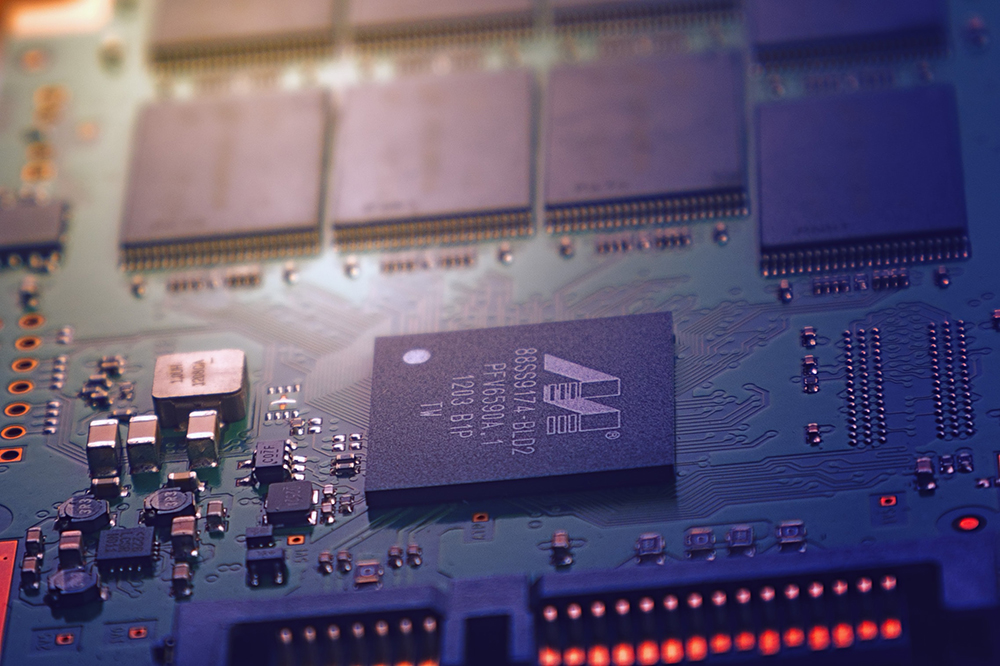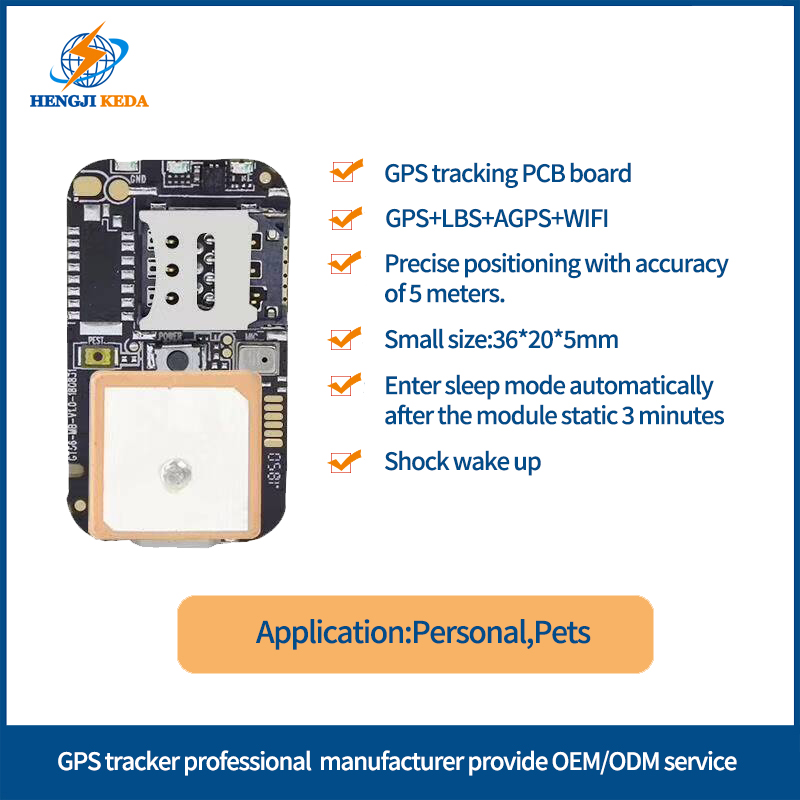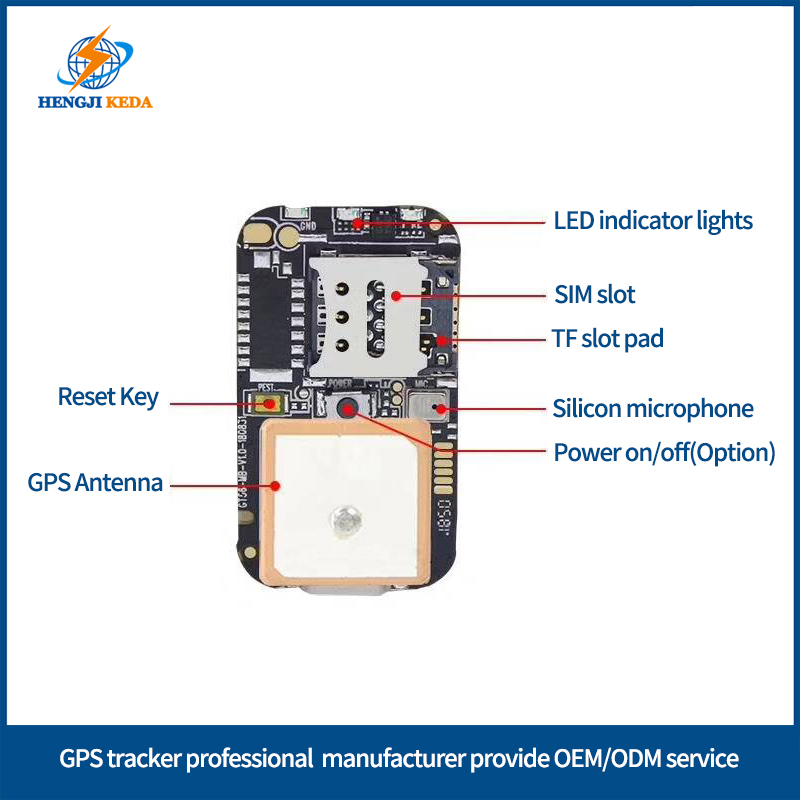

Regarding the use of GPS in daily life, one sentence is summarized: All navigation and positioning products are need GPS tracking module. However, it should be particularly noted that because the GPS tracking module’s signal indoors will be affected, the GPS tracking module cannot be implemented for indoor positioning. It needs to rely on wireless communication, such as indoor positioning solutions based on base stations and WIFI.
The application of GPS in daily life is positioning, navigation, historical trajectory and ranging.
Positioning: Positioning is actually very easy to understand. By measuring the distance between a satellite and the GPS module, and then synthesizing data from multiple satellites, you can know the detailed position of the receiver. With the electronic map, provide location information for users that determines people / things.
Navigation: The process of moving from one place to another based on the location information provided by the GPS module.
Historical trajectory: Take the GPS module for vehicle as an example. The GPS module will automatically record all driving route speed and other information for a period of time, and provide it to the administrator to analyze whether the driver’s working route is reasonable.

Ranging: The distance from the starting point (default current position) to another point to be measured.
How to choose GPS tracking module:
1.Receiving sensitivity;
Receive sensitivity is the minimum signal received power that the receiver can correctly take out the useful signal. The good receiving sensitivity of the GPS navigation module enables wireless products to have a stronger ability to capture weak signals. In this way, as the transmission distance increases, the received signal becomes weaker, and high-sensitivity wireless products can still receive data, maintain a stable connection, and greatly increase the transmission distance.
2.Positioning time;
Positioning time refers to how long the GPS tracking device will automatically start to determine its location, usually in seconds. When this time is reached, the GPS tracking device will send a signal to the satellite and start to determine its own position. And including the initial start, cold start, hot (warm) start positioning time. Whether it is car navigation or map navigation in mobile phones, it is based on the GPS module installed. The shorter the positioning time, the easier the test data will be recognized by engineers. At present, the cold start time of GPS modules developed by SKYLAB is 23s, the warm start time is 2 ~ 3s, and the hot start time is less than 1s.
3.Position accuracy;
Position accuracy refers to the degree of coincidence between the coordinate values obtained by the spatial points and their true coordinate values. High accuracy positioning accuracy is the basis of the GPS tracking module design. If the positioning accuracy does not reach the functional effect, even the gorgeous GPD module design will make people unhappy. Of course, different navigation environments must first consider the use case, and then consider other factors.
The positioning accuracy can be examined under static and dynamic conditions, and the dynamic positioning effect is better than static positioning. The nominal positioning parameters of the GPS module are measured under the condition that the satellite signal is excellent under the completely open sky. Therefore, it is difficult to achieve the nominal positioning time and positioning accuracy in routine testing.
4.Power consumption;
Power consumption is the loss of power, which refers to the difference between the input power and output power of equipment and devices. With the rapid development of computer technology and microelectronic technology, the application field of embedded systems is becoming more and more extensive. Energy saving is the boom of globalization. For example, many chips in computers used to supply power with 5V, and now use 3.3V and 1.8V, and put forward the concept of green systems. Many manufacturers pay attention to the low power consumption of GPS modules. The low power consumption design of circuits and systems has always been an important factor to be considered by electronic engineering technicians. The GPS power consumption values developed by SKYLAB are only tens of mA, which are all low power consumption modules. Engineers can choose with confidence .
5.Time accuracy;
Time accuracy is a classification of the time measurement according to the requirements of each user, and it is a way to measure. Time accuracy can be divided into nanoseconds (ns), picoseconds (ps), microseconds (μs ), milliseconds (ms), seconds (s), minutes (min), and hours (h).



